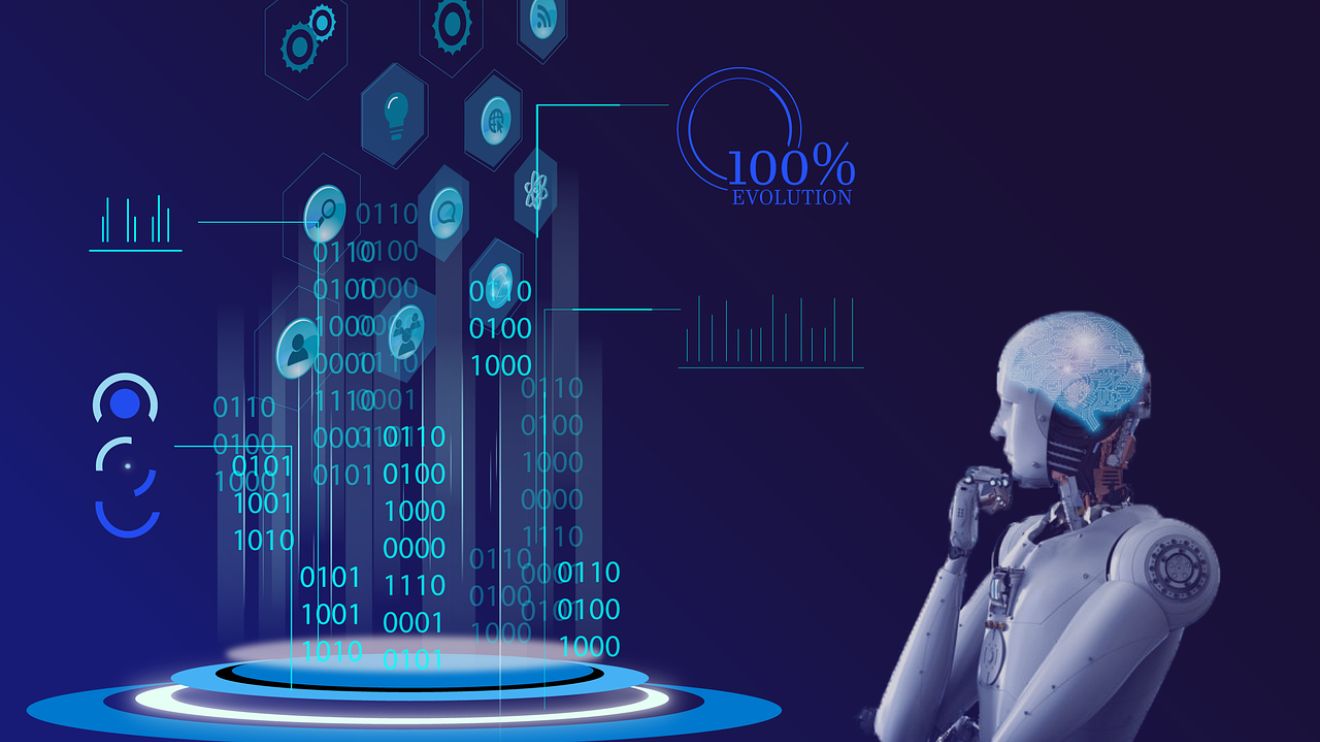30 skills you may need as A.I. disrupts the job market
It is difficult to predict exactly which new skills will be needed due to advances in artificial intelligence and technology.
However, there will likely be a continued demand for uniquely human skills, such as:
- Creativity and innovation
- Problem-solving and critical thinking
- Communication and collaborationLeadership and management
- Emotional intelligence and interpersonal skills
- Flexibility and adaptability
- Continuous learning and lifelong learning
- Cybersecurity and data privacy
- Blockchain and cryptocurrency
- Natural language processing and machine translation
- Virtual reality and augmented reality
- Internet of Things (IoT) and connected devices
- Robotics and automation
- 3D printing and manufacturing
- Renewable energy and sustainable technology
- Health informatics and electronic health records
- Big data analysis and visualization
- Predictive analytics and machine learning
- Artificial intelligence and machine learning
- Data science and analytics
- Cloud computing and distributed systems
- DevOps and agile development
- User experience (UX) design and user interface (UI) design
- Mobile and web development
- Game design and development
- Project management and coordination
- Quality assurance and testing
- Technical writing and documentation
- Technical support and customer service
- Data visualization and storytelling
Also read: List of jobs that A.I. may deem obsolete – ChatGPT

In addition to these general skills, there may be a need for specific technical skills and expertise in data analysis, machine learning, and artificial intelligence.
There will also likely be a continued demand for skilled trades and manual labor, as machines cannot fully replace some tasks that require a human touch.
Individuals must be proactive in developing their skills and staying current with technological developments to remain competitive in the job market.
There are many different ways to learn the skills that may be in demand due to advances in artificial intelligence and technology.
Also read: Top 40 Kenyan Tiktokers according to A.I app, ChatGPT
Some options include:
Formal education: Many colleges and universities offer degree programs in computer science, data science, and engineering, which can provide a foundation in the technical skills needed for careers in these fields.
Online courses and MOOCs (massive open online courses): Many online platforms offer courses in various subjects, including technical skills like programming and data analysis. These courses can be a convenient and flexible way to learn new skills.
Professional certifications: Some professional organizations offer certifications in specific technical skills, which can be a way to demonstrate expertise and advance your career.

On-the-job training: Many employers provide training and development opportunities for their employees, which can be a great way to learn new skills and advance your career.
Self-study: Many resources available online, such as tutorials and documentation, can help you learn new technical skills on your own.
It is important to consider what learning method is best for you and the time and resources you have available.
No matter which method you choose, it is important to be proactive and dedicated in your learning to develop the skills you need to succeed in your career.
Also read: Varsity don designs system that will tell TV stations when you change channels



